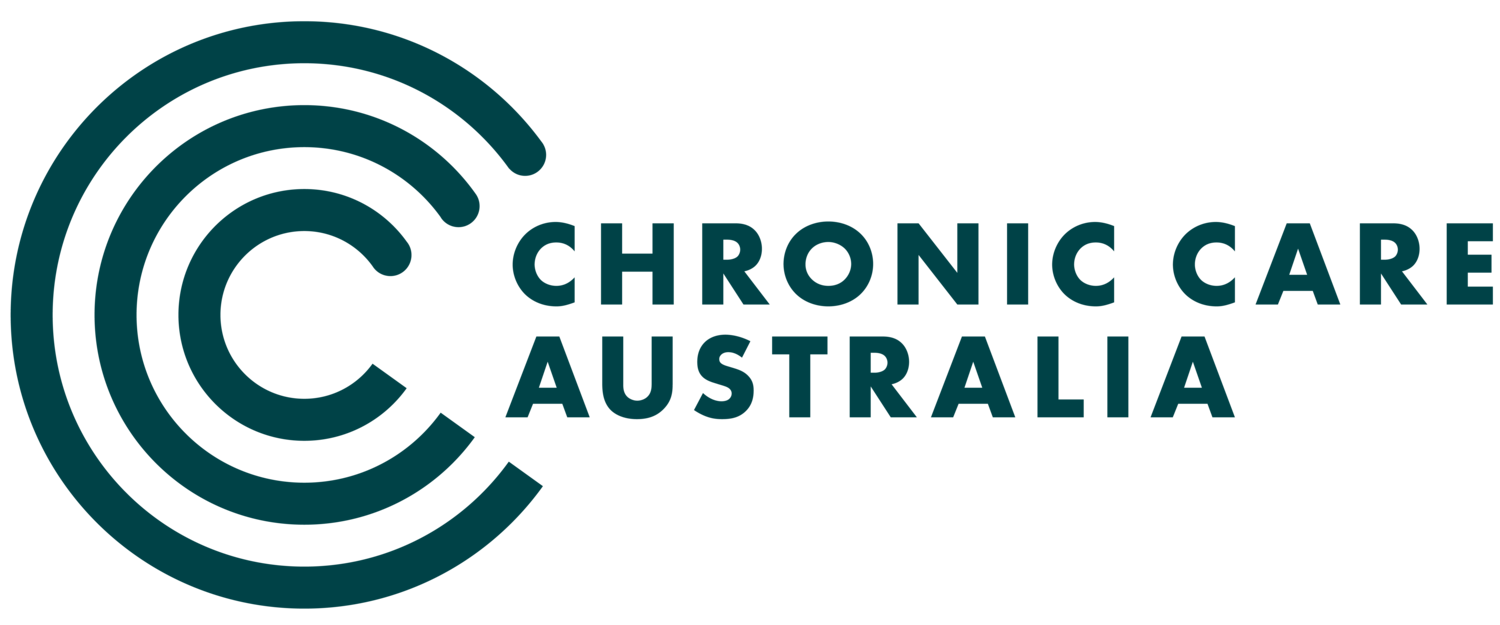Heart Disease and Cardiac Rehabilitation: Key takeaways and useful information from our recent Dare to Care event.
Essential Health Checks
Book a Heart Health Check: According to the Heart Foundation,1.4 million Australians are at risk of having a heart attack or stroke within the next five years — and many people are unaware that they have an underlying or undiagnosed cardiovascular condition. A simple, 20-minute Heart Health Check with your GP can help you understand your risk and take steps to protect your heart.
Click the link below for details and ask your GP to check your blood pressure, cholesterol and blood sugar levels as well.Sleep Apnea and Cardiovascular Health: Sleep Apnea significantly impacts heart health. Get a screening test to understand your risk. Pharmacist Jason Chew at Mosman Park Drive-In Chemist can point you in the right direction.
Medication and Exercise
Medication Side Effects: Some medications can alter your response to exercise or cause joint pain, leading to reduced physical activity. Discuss any changes you notice with your doctors and an accredited exercise physiologist. Working with an exercise physiologist can help you figure out what your medicated and unmedicated ranges of movement are, and establish a personalised exercise medicine program.
Supplements: Talk to your cardiologist, GP, and pharmacist about any supplements you’re taking, or considering.
Holistic Heart Health
When monitoring heart health, consider the whole person. Consult with your medical teams and allied healthcare providers to manage the interface between medications, prescribed exercise programs, supplements, and diet.
Preventative Screening: Book in for an ECG scan at CCA. It can help provide insight into any potential cardiac conditions you might have.
Cardiovascular Confidence: Anxiety and depression after a heart event can make you overly cautious about exercise. Once you have been discharged from hospital, transitional rehabilitation can help you regain cardiovascular confidence and optimise your quality of life.
Exercise Physiology: Professionally prescribed and supervised strength training and HIIT cardiovascular training is an effective combination. Utilise the time you spend with an exercise physiologist to better understand your body mass and composition, while prioritising lean muscle mass development.
Preventative Measures and Support
Heart Foundation: Heart health and mental health are closely linked. In fact, feeling down after a heart attack is so common there’s even a name for it: “cardiac blues”. Click here to register to join the My Heart My Life community on Facebook.
Heart Support Australia: Provides peer support to Australians affected by heart disease. Visit Heart Support Australia
Join CCA’s Heart Foundation Walking Group: We host a FREE 1-hour community walk each month. Click here to register.
DVT Awareness: Understand the risk of deep vein thrombosis (DVT) and how to prevent it. Learn More
Speak with your GP and Pharmacist: Pharmacist Jason Chew at Mosman Park Drive-In Chemist would be pleased to speak further with anyone privately and can organise personal medication reviews (rebates may apply). Phone: 9384 0219 or email: dispensary@mosmandriveinchemist.com
Recommended Reading
The Heart Foundation has a wealth of information on its website. Here are some recommended links:
https://www.heartfoundation.org.au/your-heart/what-is-heart-disease
https://www.heartfoundation.org.au/your-heart/support/cardiac-rehabilitation

